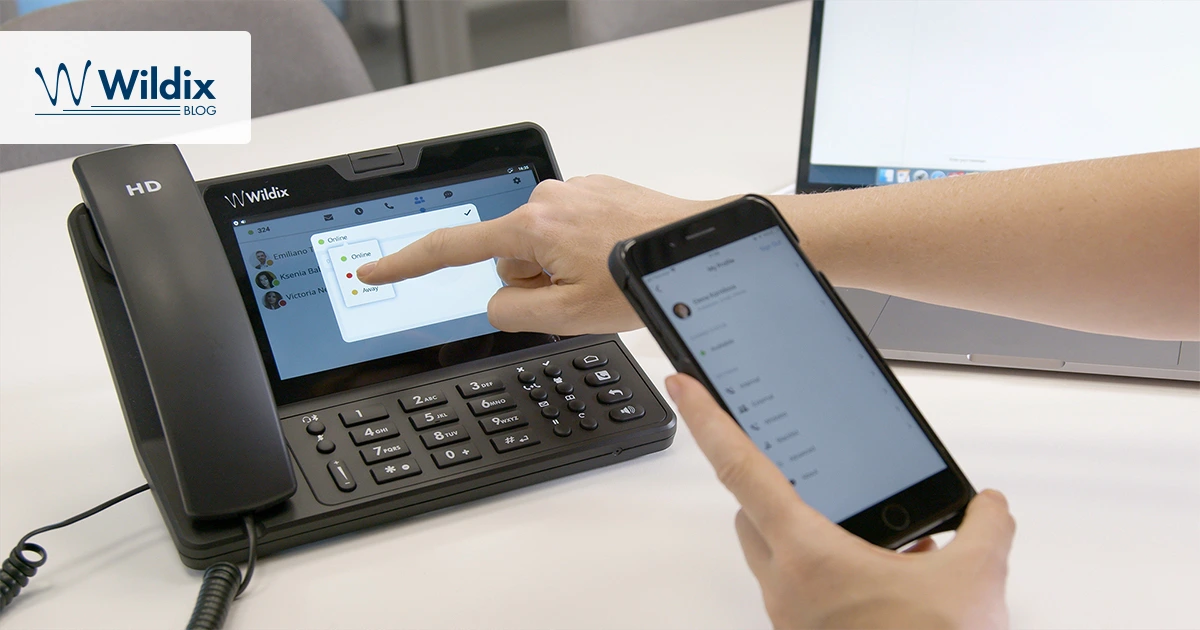En tant que fournisseur de services gérés (MSP), votre gagne-pain est lié aux besoins en technologie et en communication d’autres entreprises. Mais rien qu’aux États-Unis, 50% des entreprises ne connaissent pas l’existence des MSP. Il s’agit là d’un obstacle majeur que les MSP, qu’ils soient nouveaux ou établis, doivent surmonter pour gagner de nouveaux clients et développer leur activité. Cependant, vous n’avez pas à vous y attaquer seul. Tout ce que vous avez à faire, c’est de passer outre la recherche d’agences marketing et de vous concentrer sur « ce qu’est le partenariat commercial » et sur la valeur qu’il peut apporter à la notoriété de votre marque.
Continuer la lecture de « Qu’est-ce que le partenariat commercial ? Travailler ensemble pour accroître votre portée »






